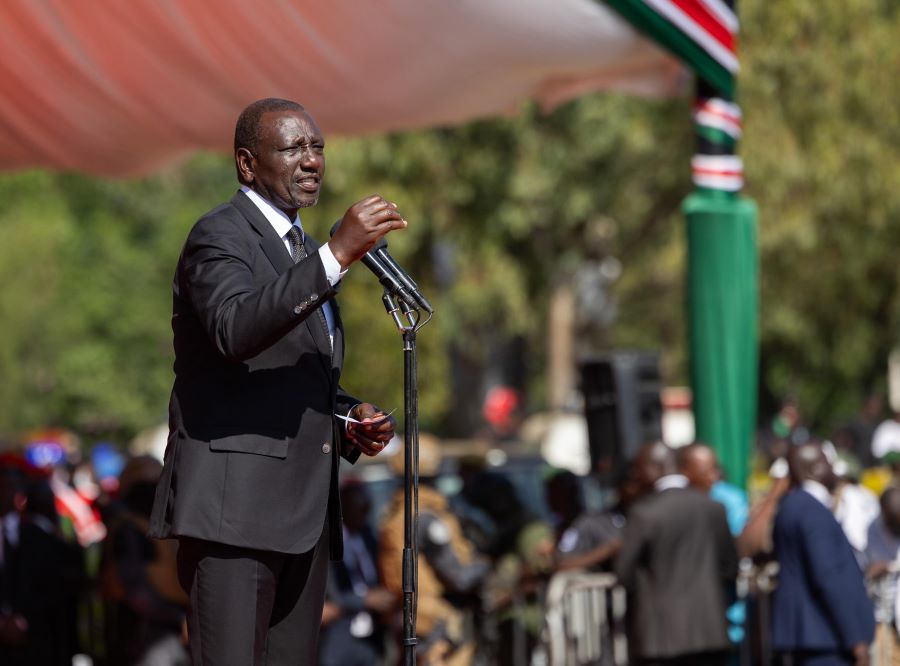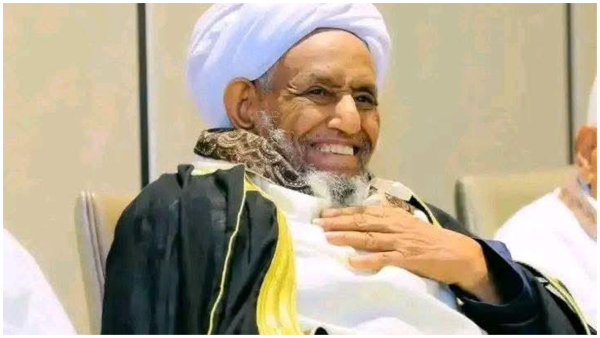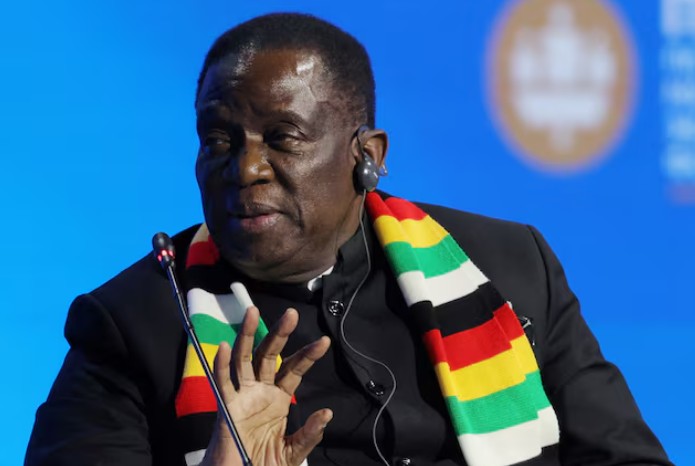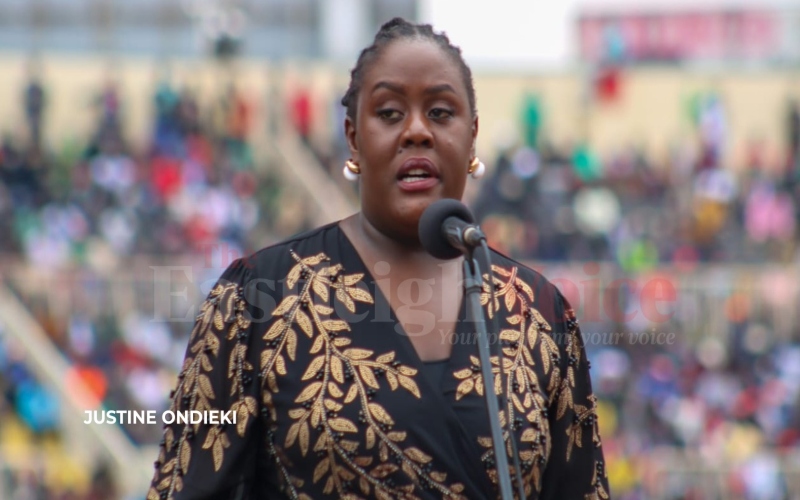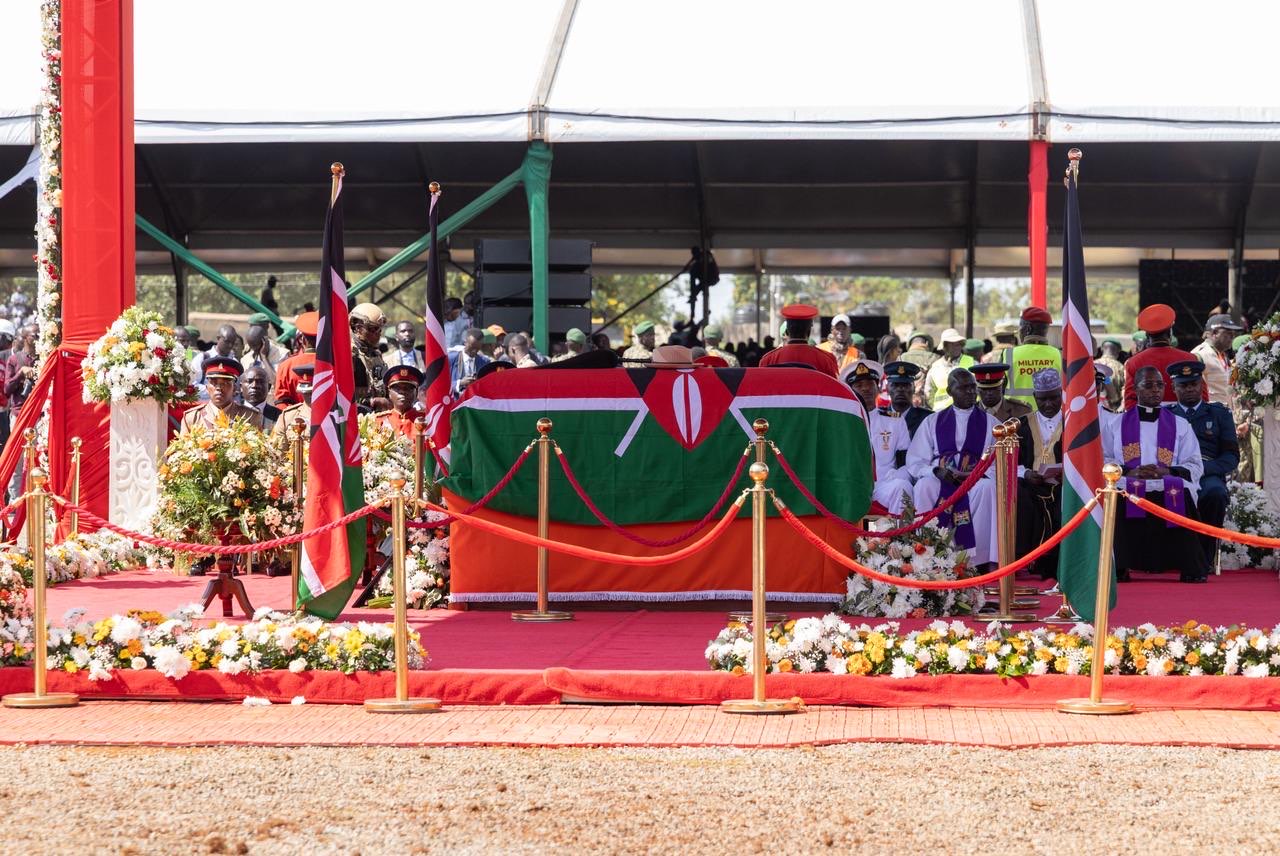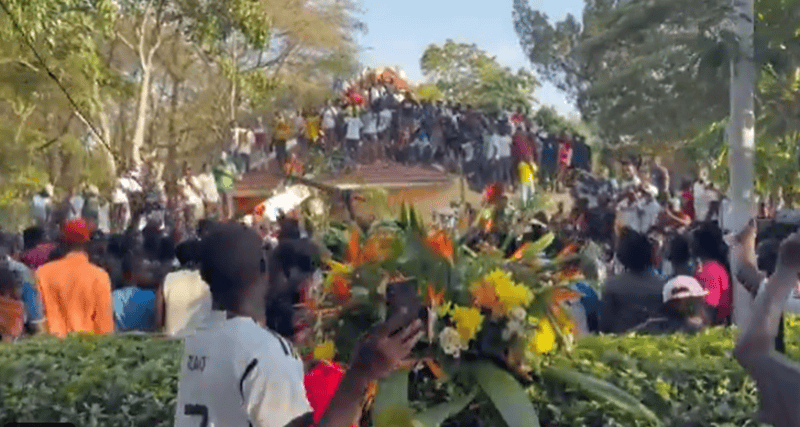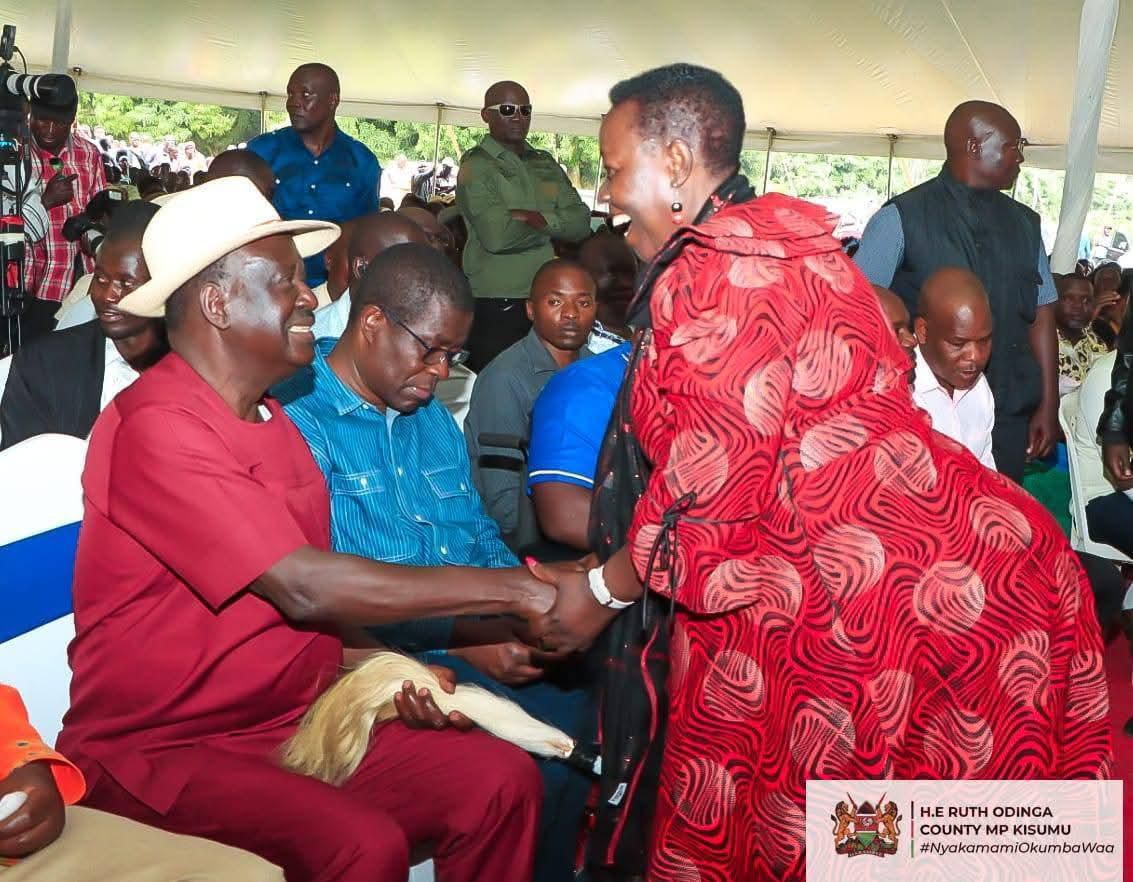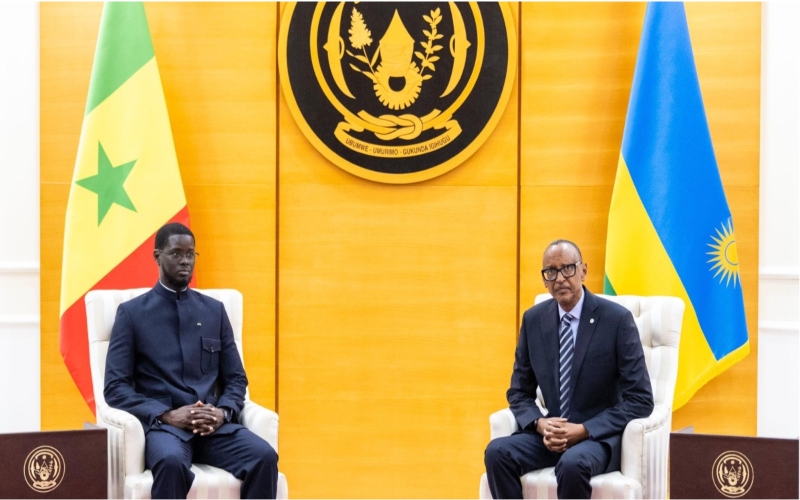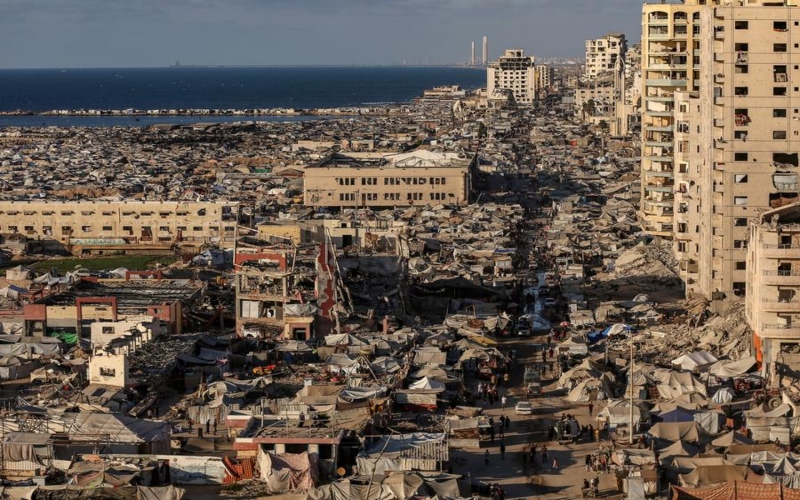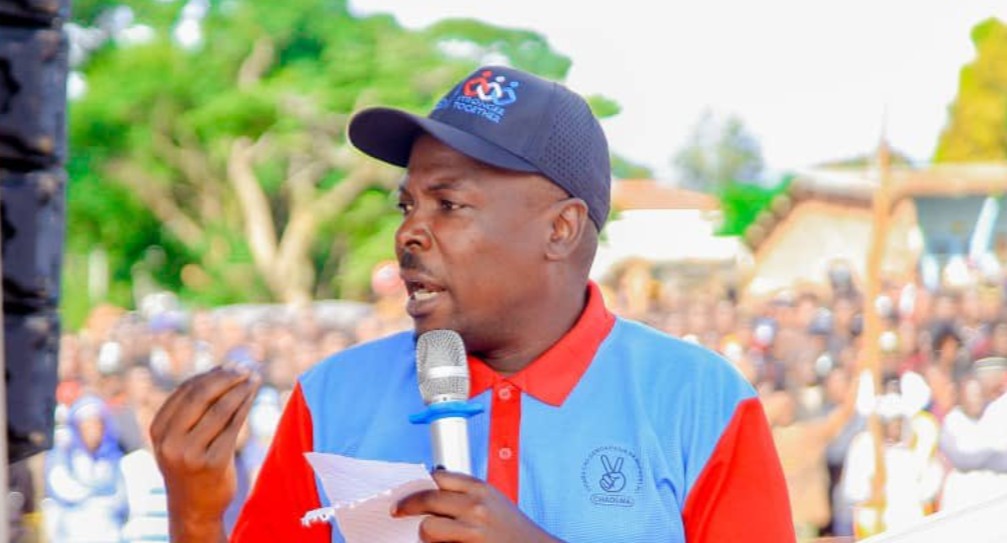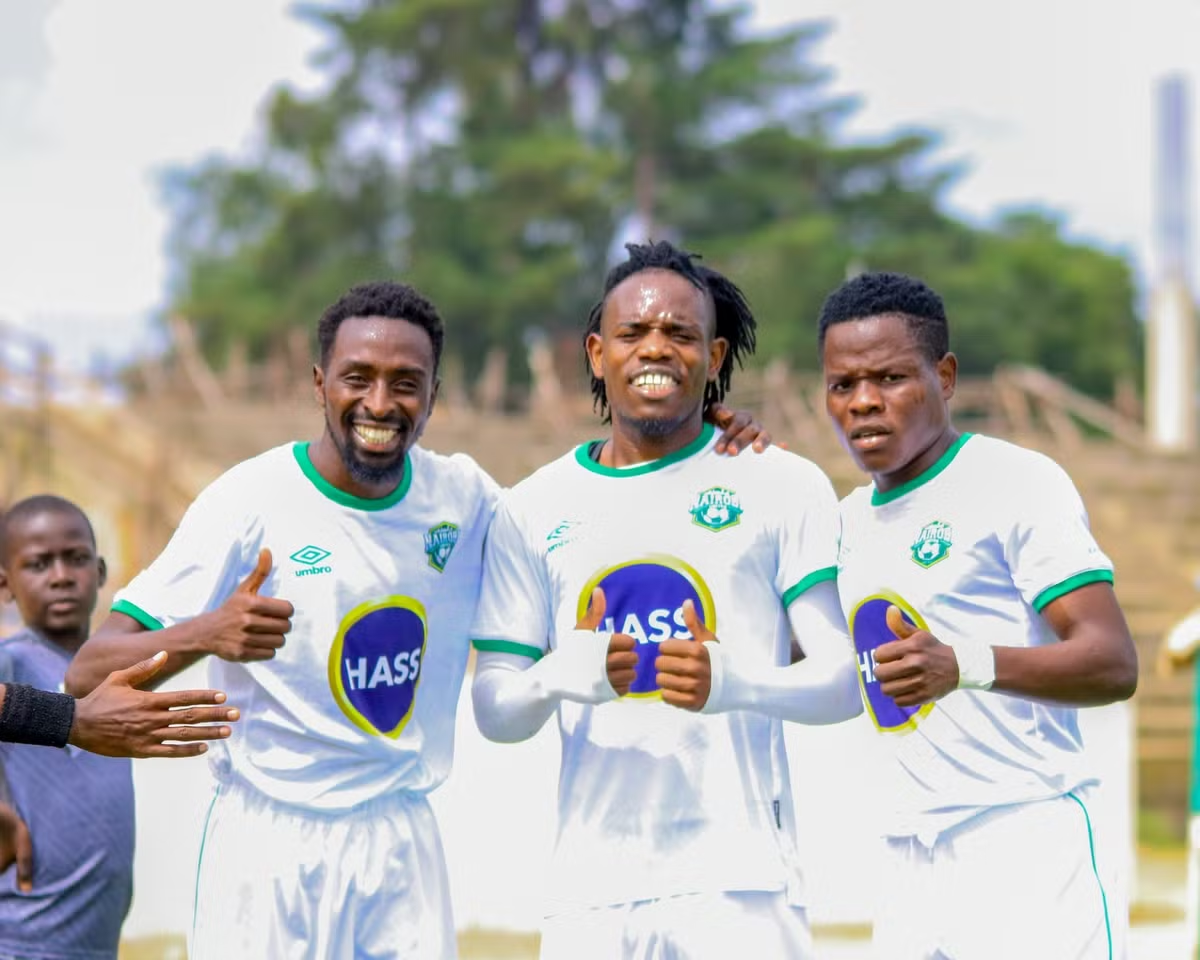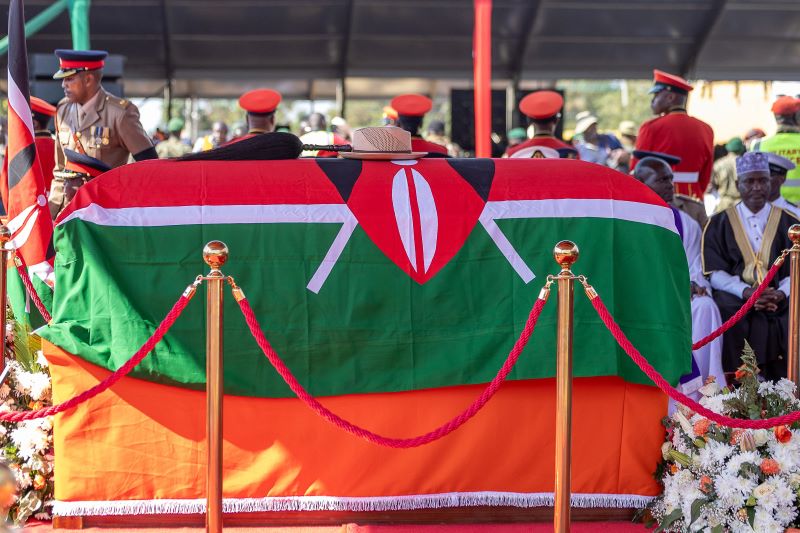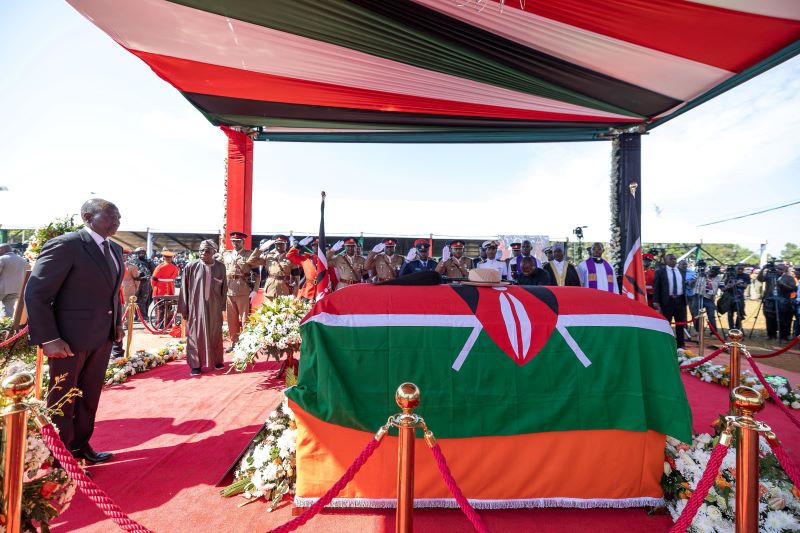Attack on patients and medical staff in DR Congo raises fear
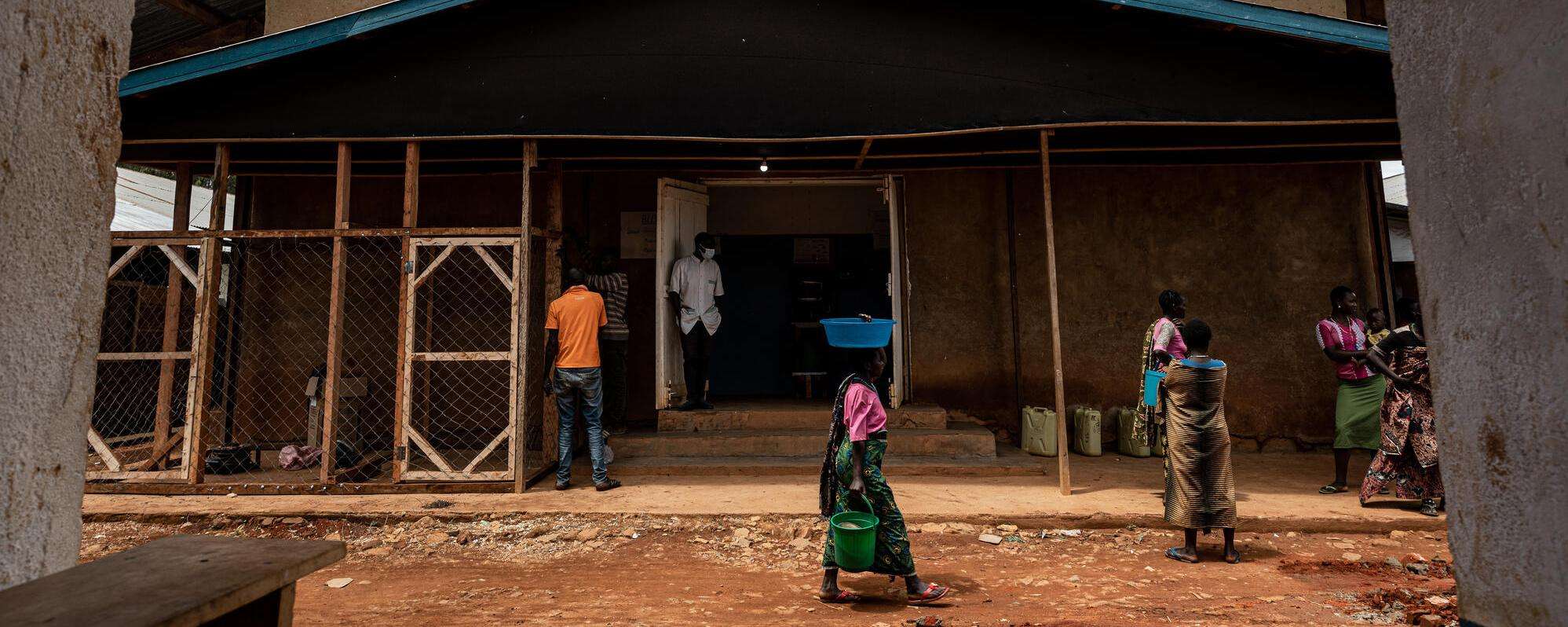
The surge of violence in and around Drodro has triggered a mass exodus from the area, with thousands of people seeking refuge at Rho camp for displaced people, about 6 miles northeast of Drodro.
The ongoing violence in the Democratic Republic of Congo (DRC) has been compounded by fresh fears over attacks targeting hospital patients and staff.
New development of targets against medical staff and patients began on the evening of March 6 when armed men attacked the town of Drodro in Ituri province and ransacked the General Reference Hospital of Drodro.
More To Read
- Two dead in Nyayo Stadium stampede during Raila Odinga’s public viewing
- M23 accuses DRC Government of attacks hours after Doha ceasefire monitoring deal
- DRC conflict: ADF rebels kill 19 civilians in North Kivu village attack
- Congo: Are M23 rebels really advancing toward Kinshasa?
- Tshisekedi, Kagame trade barbs at Brussels Gateway Forum over DRC conflict
- Uganda enhances security at border region with DR Congo after deadly attack
An international medical humanitarian organisation, the Doctors Without Borders/Médecins Sans Frontières (MSF) whose staff work at the hospital said the attackers killed a patient in her bed and looted medical equipment, mattresses, and pharmacy stock from the hospital and another nearby medical facility.
"What has happened here is nothing short of horrifying," said Stéphanie Giandonato, MSF program manager for DRC. "We condemn the killing of a defenceless elderly patient in the strongest possible terms and urge all parties to the conflict to respect and protect patients, medical staff, medical facilities, civilians, and humanitarian aid workers."
The surge of violence in and around Drodro has triggered a mass exodus from the area, with thousands of people seeking refuge at Rho camp for displaced people, about 6 miles northeast of Drodro.
The camp was originally designed to accommodate a maximum of 30,000 people but is now sheltering more than twice that number.
"The consequences are dire," said Boubacar Mballo, project coordinator for MSF at the Drodro hospital. "The hospital can no longer function, leaving people without medical care. In addition, the growing insecurity has effectively cut off the region, resulting in the complete disruption of food and much-needed additional water supplies in the overwhelmed Rho camp."
After the attack, MSF temporarily evacuated its staff from the town, but in Rho camp, their teams continue to provide basic health care, sexual and reproductive health care, mental health support, water and sanitation services, and stabilisation of patients in critical condition.
However, MSF is concerned that as insecurity worsens and supplies run out, the support will not be sustainable.
"We are concerned that people's access to necessities such as clean drinking water, food, and medical care is at risk," said Mballo. "We emphasise the obligation of all parties to uphold the respect and protection of the civilian population and medical [care] under all circumstances."
Escalating tensions in the Democratic Republic of the Congo (DRC) have once again drawn global attention to the security crisis in the African country's mineral-rich eastern region.
Heavy fighting between the Congolese armed forces (FARDC) and the M23 rebel group in the country's troubled North Kivu province has forced thousands of civilians to flee their homes in the past two weeks, taking the little they can.
Dozens have been killed and hundreds of thousands displaced since January.
There are fears that the regional capital, Goma – home to some two million people and about half a million displaced people seeking refuge there – could soon fall to an advancing M23, a potentially devastating blow to the Congolese government's control of the region.
The UN Security Council voiced concern at the "escalating violence" after M23 shelled Goma airport, damaging Congolese military aircraft.
Top Stories Today
